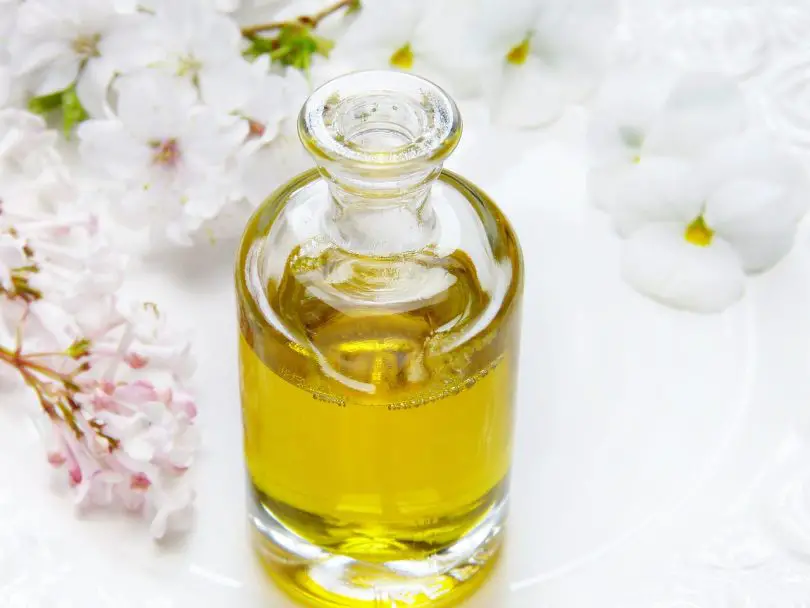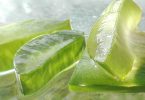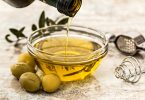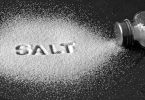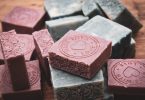Imagine coming home after a long day, ready to relax in your freshly cleaned space. But what if your cleaning products were secretly introducing harmful toxins into your home? Enter essential oils, a natural and effective alternative for toxin-free cleaning.
These powerful plant extracts have been used for centuries and offer a multitude of benefits, from their antimicrobial properties to their pleasant scents. But where do you begin? Which essential oils should you use? And how can you incorporate them into your cleaning routine?
In this discussion, we will explore the answers to these questions and more, empowering you to create a cleaner and healthier home environment.
Benefits of Essential Oils for Cleaning
Using essential oils for cleaning offers numerous benefits, making it a safe and effective alternative to traditional cleaning products.
Not only do essential oils have natural antibacterial and antiviral properties, but they also leave behind a pleasant aroma that can help freshen up your living space.
One of the biggest advantages of using essential oils is that they’re chemical-free, which means they don’t contain any harsh or toxic substances that could be harmful to your health or the environment.
Additionally, essential oils are versatile and can be used to clean a wide range of surfaces, including countertops, floors, and even windows. They can also be added to laundry detergents to give your clothes a natural and refreshing scent.
Another benefit is that essential oils are cost-effective, as a little goes a long way. Just a few drops can be mixed with water or other natural cleaning ingredients to create an effective cleaning solution.
Top Essential Oils for Toxin-Free Cleaning
To continue your toxin-free cleaning journey, let’s explore the top essential oils that can help you maintain a clean and healthy home. These oils possess powerful cleaning properties and can effectively eliminate germs and bacteria without the use of harmful chemicals.
1. Lemon essential oil: Known for its refreshing scent, lemon oil is a natural disinfectant and can be used to clean countertops, floors, and other surfaces. Its antimicrobial properties make it an excellent choice for killing bacteria.
2. Tea tree essential oil: With its strong antifungal and antibacterial properties, tea tree oil is perfect for tackling mold and mildew. It can also be used to clean and disinfect bathrooms and kitchens.
3. Lavender essential oil: In addition to its calming aroma, lavender oil has antibacterial properties that make it ideal for cleaning fabrics and freshening up your home. It can be added to laundry detergent or used as a natural air freshener.
4. Peppermint essential oil: This invigorating oil not only leaves a pleasant scent but also has antiviral and antimicrobial properties. It can be used to clean and disinfect surfaces, as well as repel insects.
DIY Cleaning Solutions With Essential Oils
You can easily create toxin-free cleaning solutions by incorporating essential oils into your DIY cleaning routine. Not only are essential oils natural and safe, but they also possess powerful cleaning properties. Here are a few simple and effective DIY cleaning solutions that you can make using essential oils.
For an all-purpose cleaner, combine 1 cup of water, 1 cup of vinegar, and 15 drops of your preferred essential oil, such as eucalyptus or lavender. Mix the ingredients in a spray bottle and use it to clean countertops, floors, and other surfaces.
To make a natural disinfectant, mix 1 cup of water, ½ cup of rubbing alcohol, and 10 drops of tea tree oil. This solution is perfect for sanitizing bathroom fixtures, doorknobs, and cutting boards.
If you want to freshen up your carpets and upholstery, create a deodorizing spray with 1 cup of water, ½ cup of baking soda, and 10 drops of lemon or peppermint oil. Shake well and spray it onto your carpets and furniture to eliminate odors.
In addition to these cleaning solutions, you can also add a few drops of essential oil to your laundry detergent or dryer balls to infuse your clothes with a pleasant scent.
With these DIY solutions, you can keep your home clean and fresh without any harmful chemicals.
Essential Oils for Specific Cleaning Tasks
When tackling specific cleaning tasks, incorporating essential oils can provide a natural and effective solution. Whether you’re dealing with stubborn grease, funky odors, or pesky pests, there’s an essential oil that can help you get the job done.
For cutting through grease and grime, try using lemon or orange essential oil. These citrus oils have powerful degreasing properties that can leave your surfaces sparkling clean.
If you’re dealing with unpleasant odors, such as in the bathroom or kitchen, consider using tea tree or lavender essential oil. Both of these oils have antimicrobial properties that can help eliminate odors and leave a fresh scent behind.
When it comes to deterring pests, peppermint essential oil is a great option. Its strong scent repels insects like ants, spiders, and mosquitoes, making it a natural and safe alternative to chemical pesticides.
For tackling specific cleaning tasks, essential oils are a versatile and eco-friendly solution that can leave your home clean and smelling great.
Tips for Incorporating Essential Oils Into Your Cleaning Routine
Consider incorporating essential oils into your cleaning routine for a toxin-free and effective way to keep your home fresh and sparkling clean. Here are some tips to help you seamlessly integrate essential oils into your cleaning routine.
First, start by choosing the right essential oils for the cleaning tasks at hand. For example, lemon essential oil is great for cutting through grease and grime, while tea tree oil has powerful antimicrobial properties. Lavender oil is well-known for its calming scent and can be used to freshen up your laundry. Experiment with different oils to find the ones that work best for you.
Next, remember that a little goes a long way when it comes to essential oils. Start with just a few drops and adjust the amount as needed. Too much oil can leave a residue or overpowering scent.
When using essential oils for cleaning, it’s important to dilute them properly. Most essential oils should be mixed with a carrier oil or water. Always follow the recommended dilution ratios to ensure safety and effectiveness.
Another tip is to create your own DIY cleaning products using essential oils. You can make an all-purpose cleaner by combining water, vinegar, and a few drops of your favorite essential oil. This allows you to customize the scent and avoid harsh chemicals found in store-bought cleaners.
Lastly, consider using essential oils as air fresheners. Add a few drops to a diffuser or mix with water in a spray bottle to create a refreshing and natural scent throughout your home.
Incorporating essential oils into your cleaning routine can’t only help you eliminate toxins but also elevate the overall cleanliness and freshness of your home. So go ahead, give it a try and enjoy the benefits of a toxin-free cleaning experience.
Safety Considerations When Using Essential Oils for Cleaning
To ensure a safe cleaning experience, it’s important to take certain precautions when using essential oils. While essential oils can be natural and effective alternatives to conventional cleaning products, they’re highly concentrated and potent. Therefore, it’s crucial to handle them with care and respect their potential risks.
First and foremost, always keep essential oils out of reach of children and pets. Even small amounts can be toxic if ingested or applied improperly. Additionally, some essential oils may cause skin irritation or allergic reactions, so it’s recommended to perform a patch test before using them extensively. Diluting essential oils with a carrier oil, such as coconut or almond oil, can also help minimize the risk of skin irritation.
When using essential oils for cleaning, make sure to follow the recommended dilution ratios provided by reputable sources. Using undiluted essential oils directly on surfaces can damage certain materials, such as wood or plastic. It’s also essential to ensure proper ventilation in the area where you’re cleaning, as the strong aroma of essential oils can be overwhelming.
Lastly, store your essential oils in dark, glass bottles away from direct sunlight. Exposure to heat and light can degrade the quality of the oils and reduce their effectiveness.

